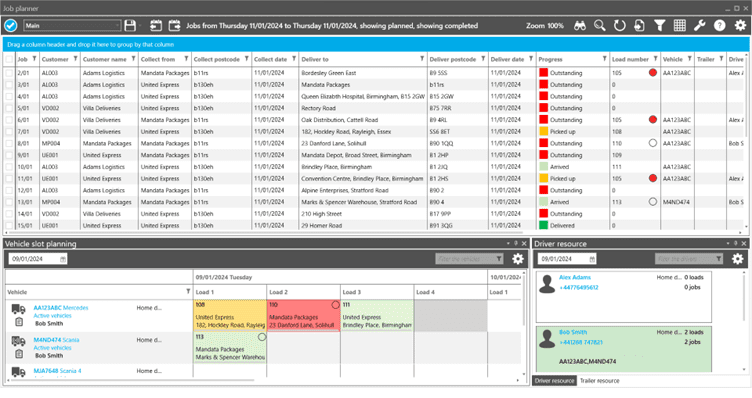AI Threatens Business Security | Deepfake Technology – Technologist
Businesses must adopt robust strategies to safeguard themselves against AI and Deepfakes. Neuways recently proved in our Threatsafe Cyber Security podcast how easily people can be impersonated nowadays for little to no cost. You can watch the podcast below, but it is frightening for business owners to realise just how little it costs for someone to impersonate an employee or colleague and cost them millions in data losses and privacy breaches. Below, we explain how AI threatens business security thanks to the advancements in Deepfake technology.
How the landscape of AI in Business has shifted
In recent years, the rise of AI-generated deepfakes has moved from being an amusing or troubling novelty into a severe threat to businesses worldwide. These hyper-realistic forgeries, once limited to political misinformation campaigns or celebrity scandals, are now being weaponised to target organisations directly, exposing vulnerabilities many companies aren’t prepared for.
What is so scary about Deepfake technology?
The most alarming aspect of deepfake technology is its potential for real-time manipulation. Cyber criminals use it to impersonate individuals with high-level access to systems or data, bypassing traditional security protocols and gaining entry to sensitive information. This method has already led to significant financial losses, as seen in a recent case where a multinational company defrauded $25 million through a video call deepfake.
Beyond financial scams, deepfakes pose reputational risks. Fake videos or audio clips depicting business leaders in compromising situations can spread rapidly, eroding brand trust and potentially causing irreparable damage.
How AI threatens business security
The rapid evolution of AI has made it cheaper and easier to create convincing deepfakes, setting off a cat-and-mouse game between deepfake creators and cyber security experts. While AI is used to develop detection tools, AI also threatens business security and these systems often need help to keep up with increasingly sophisticated forgeries.
While improving, detection systems are not foolproof and can have blind spots, leaving businesses exposed. This challenge requires constant vigilance. Cyber security teams must frequently update their detection tools and processes, using the latest developments in AI to stress-test their defences. Yet, reliance on technology alone isn’t enough.
How Businesses Can Defend Themselves against AI
To combat the rising threat of deepfakes, businesses need a dual approach combining advanced technology and employee education.
Technological Resilience:
Implementing and regularly updating deepfake detection systems is essential. Conducting regular “red-team” exercises—where systems are tested against the latest deepfake tactics—helps ensure defences remain effective.
Employee Training and Awareness:
Employees must be trained to approach unusual requests, even during video calls, cautiously. Establishing a culture of healthy scepticism and teaching staff to verify requests through alternative channels can prevent costly mistakes.
Security Protocols:
Enforce robust procedures for verifying identities, especially when handling sensitive information or high-value transactions. Multi-layered authentication and strict access controls are critical components of any defence strategy.
Staying Ahead of Cyber Threats
Deepfakes aren’t going away; they’re becoming more prevalent and harder to detect. Businesses must take the threat seriously, investing in cutting-edge solutions and fostering a security-conscious workforce. With the stakes so high, organisations that prepare now will be far better positioned to mitigate the risks posed by this emerging cyber threat.
Contact Neuways
If you need assistance with layered cyber security then we recommend that you contact Neuways today. Give us a call on 01283 753333 or email us via hello@neuways.com so that we can talk you through your business needs.


